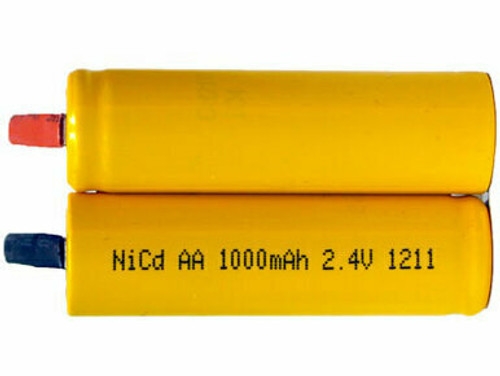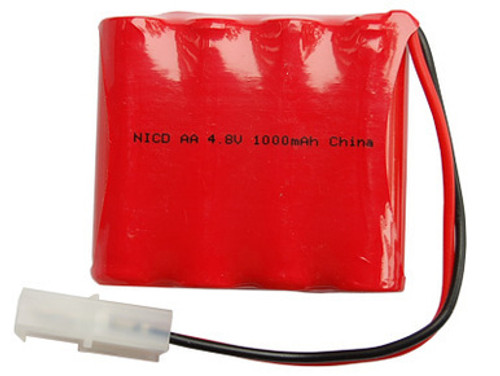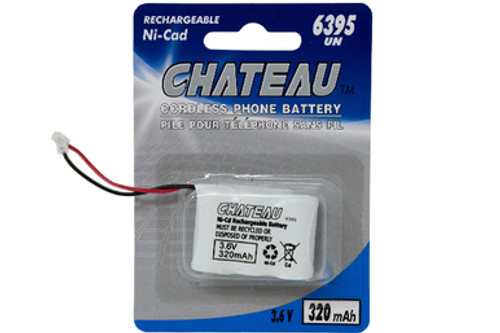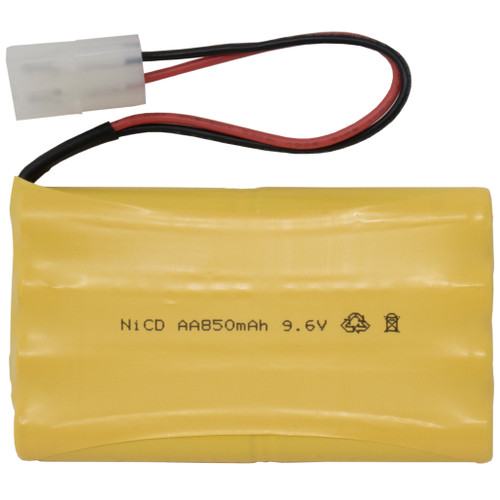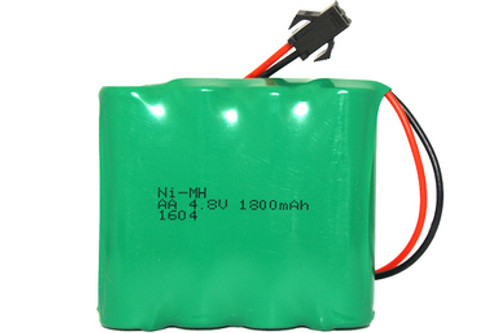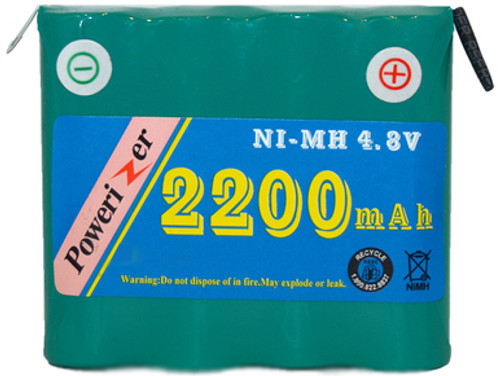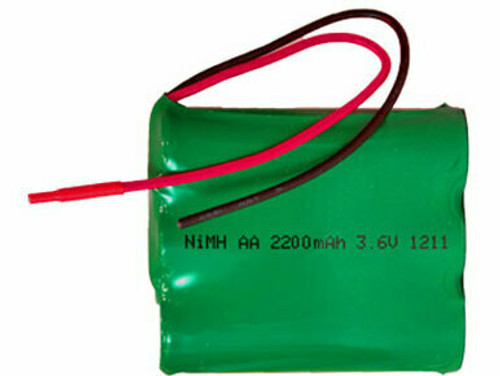Battery Packs
BATTERY PACKS
Comprehensive Guide to Battery Packs: Understanding NiCd, NiMH, Lithium-Ion, and LiFePO4
In an era where portable power is indispensable, battery packs are at the core of modern living. From keeping our smartphones charged to powering tools, vehicles, and renewable energy systems, these compact powerhouses fuel innovation and convenience. To make informed choices about the best battery technology for various applications, it’s essential to understand the advantages, limitations, and use cases of different battery types.
1. Nickel-Cadmium (NiCd) Battery Packs
Nickel-Cadmium (NiCd) batteries were once the go-to choice for rechargeable power solutions, but their usage has diminished over time due to environmental concerns and advancements in battery technology. Despite this decline, NiCd batteries remain relevant in specific applications where their unique characteristics shine.
Key Features:
Durability and Longevity: When properly maintained, NiCd batteries boast a long operational life, often outlasting other battery chemistries in high-stress environments.
High Discharge Rates: NiCd batteries excel in applications that require consistent and reliable power output, such as power tools and aviation equipment.
Resilience to Extreme Conditions: These batteries perform well in both high and low-temperature environments, making them suitable for outdoor and industrial applications.
Drawbacks:
Environmental Concerns: The inclusion of toxic cadmium in these batteries poses significant environmental and disposal challenges.
Memory Effect: NiCd batteries can lose capacity over time if not fully discharged before recharging, requiring meticulous care.
Common Applications:
Emergency lighting systems
Cordless power tools
Medical devices
2. Nickel-Metal Hydride (NiMH) Battery Packs
Nickel-Metal Hydride (NiMH) batteries are a step forward in terms of both environmental impact and energy efficiency. By eliminating cadmium and increasing energy density, NiMH batteries have become a popular choice in consumer electronics and other portable applications.
Key Features:
Higher Energy Density: Compared to NiCd, NiMH batteries can store more energy in the same volume, enabling longer runtimes for devices.
Eco-Friendliness: Free of toxic heavy metals, NiMH batteries are easier to recycle and pose fewer environmental hazards.
Good Cycle Life: With proper maintenance, NiMH batteries provide hundreds of charge/discharge cycles.
Limitations:
Moderate Self-Discharge Rates: NiMH batteries lose charge when left unused, though advancements have reduced this drawback in newer models.
Performance in Extreme Temperatures: They are less effective in very high or low temperatures compared to NiCd batteries.
Common Applications:
Digital cameras
Remote-controlled toys
Hybrid electric vehicles (HEVs)
Portable gaming devices
3. Lithium-Ion (Li-Ion) Battery Packs
Lithium-Ion (Li-Ion) batteries have revolutionized the energy storage industry. Known for their high energy density and lightweight design, they are ubiquitous in modern electronics and electric vehicles.
Key Features:
Unmatched Energy Density: Li-Ion batteries store significantly more energy than NiCd or NiMH batteries, making them ideal for compact devices that demand long runtimes.
Minimal Self-Discharge: These batteries retain their charge over extended periods, reducing the need for frequent recharging.
Integrated Safety Features: Advanced protection circuits guard against overcharging, over-discharging, and thermal runaway, ensuring safety in various applications.
Limitations:
Cost: Li-Ion batteries are more expensive than NiCd and NiMH options.
Degradation Over Time: Repeated charging cycles gradually reduce their capacity, though advancements in technology are addressing this issue.
Sensitivity to Heat: High temperatures can negatively impact performance and safety.
Common Applications:
Smartphones and laptops
Electric vehicles
Cordless power tools
Consumer drones
4. Lithium Iron Phosphate (LiFePO4) Battery Packs
Lithium Iron Phosphate (LiFePO4) batteries represent a safer and more stable variant of lithium-based battery chemistries. While they trade some energy density for enhanced safety and longevity, their advantages make them an attractive choice for specific uses.
Key Features:
Exceptional Safety Profile: LiFePO4 batteries are less prone to thermal runaway and have a lower risk of overheating or catching fire.
Longer Lifespan: These batteries can endure thousands of charging cycles, far outlasting Li-Ion counterparts in most scenarios.
High Tolerance to Heat: LiFePO4 batteries perform well under high-temperature conditions, making them ideal for demanding environments.
Fast Charging: They support faster charging times compared to other lithium-based batteries.
Limitations:
Lower Energy Density: LiFePO4 batteries have slightly less energy density than Li-Ion batteries, which can be a drawback for space-constrained applications.
Higher Initial Cost: Although they last longer, their upfront cost is typically higher than other battery types.
Common Applications:
Solar energy storage systems
Electric bicycles and scooters
Medical devices
RV and marine applications
Choosing the Right Battery Pack for Your Needs
Selecting the appropriate battery pack involves balancing several factors, including:
Voltage Requirements: Higher voltage packs are suited for devices with significant power demands.
Capacity Needs: Higher-capacity batteries allow for extended usage between charges.
Application-Specific Features: Consider environmental conditions, weight, and size constraints when choosing a battery.
Key Tips for Battery Pack Selection:
Match Device Specifications: Ensure the battery pack’s voltage and capacity align with the device's requirements to avoid performance issues.
Evaluate Usage Patterns: For devices with frequent usage, prioritize durability and cycle life.
Factor in Safety: For high-risk environments, prioritize chemistries like LiFePO4 that offer superior stability.
The Future of Battery Packs
The world is becoming increasingly electrified, and battery technology continues to evolve. Innovations such as solid-state batteries and advancements in recycling methods are poised to address current limitations, offering higher performance and sustainability.
Battery packs remain critical to powering the devices and systems that define modern life. From the rugged dependability of NiCd batteries to the energy density of Li-Ion and the safety of LiFePO4, each type of battery pack offers unique benefits tailored to specific needs. By understanding the strengths and limitations of these technologies, consumers can make smarter choices that enhance efficiency, reduce costs, and support a sustainable future.
For a wide selection of premium battery packs, including custom configurations tailored to your unique requirements, visit MegaBatteries.com. Whether you're powering a solar system, an electric bike, or industrial equipment, we’ve got the perfect solution to keep you moving.





